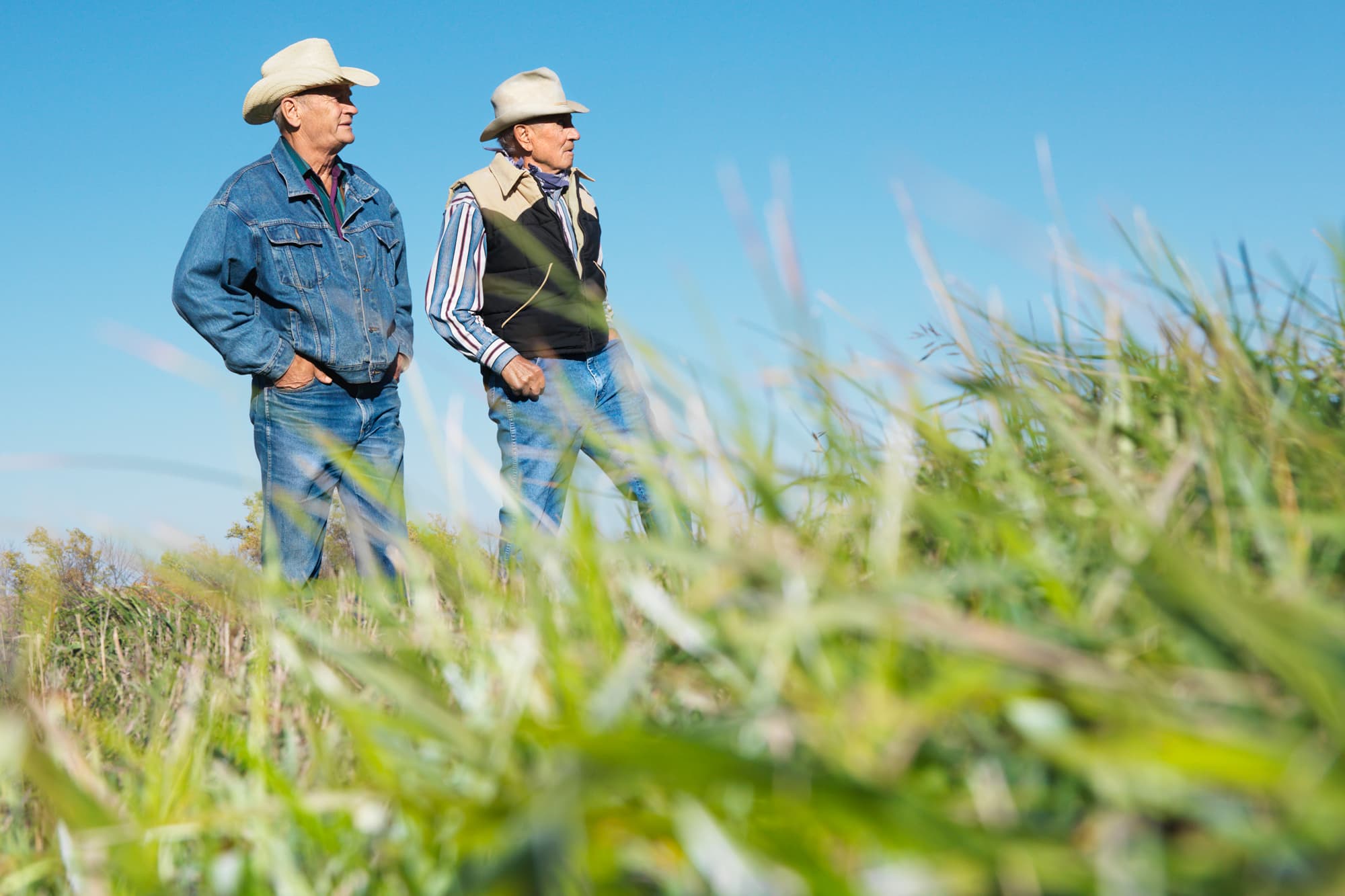Investments in farmland are growing across the country as people, including the ultra-wealthy like Bill Gates, look for new ways to grow their money.
In 2020, Gates made headlines for becoming the largest private farmland owner in the U.S. He had accumulated more than 269,000 acres of farmland across 18 states in less than a decade. His farmland grows onions, carrots and even the potatoes that are used to make McDonald’s french fries.
“It’s an asset with increasing value,” American Farmland Trust CEO John Piotti said. “It has great intrinsic value and beyond that, it is a limited resource.”
The U.S. Department of Agriculture estimates that 30% of all farmland is owned by landlords who don’t farm themselves. Buyers often purchase land from farmers who have owned it for decades; many of whom may be asset rich but maybe cash poor.
“The economic realities for them are typical that they’ve spent their life farming,” said Holly Rippon-Butler, land campaign director at the National Young Farmers Coalition. “Their retirement, their equity is all in the land and tied up in selling land.”
Private landowners are also making a profit by utilizing the land in numerous ways. Approximately 39% of the 911 million acres of farmland across the U.S. is rented out to farmers, and 80% of that rented farmland is owned by landlords who don’t farm themselves data from the Agriculture Department shows.
“The young farmers are just as happy to lease the land because whether you are young or old, it’s a business, right?” said Thomas Petterfy, chairman of Interactive Brokers and owner of 581,000 acres.
“You go buy a farm and you put that cash rental lease in place, you’re going to be looking at about 2.5% return on your capital,” Peoples Company President Steve Bruere said.
Watch the video to find out more about how the ultra-rich are making money off of farmland in the U.S.
